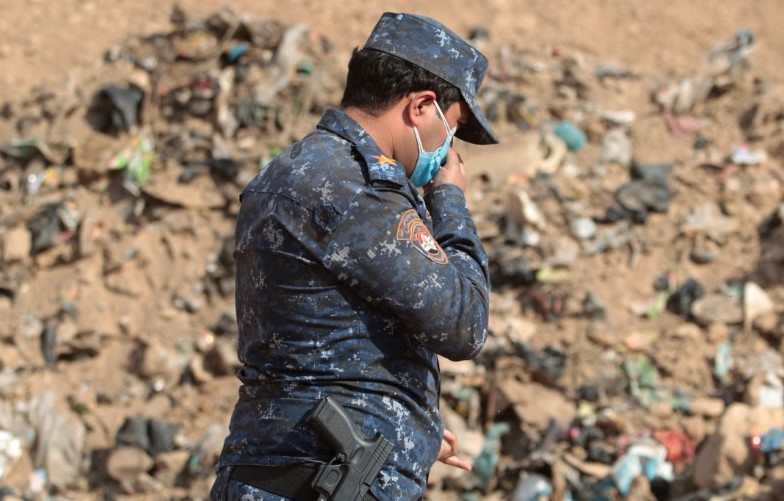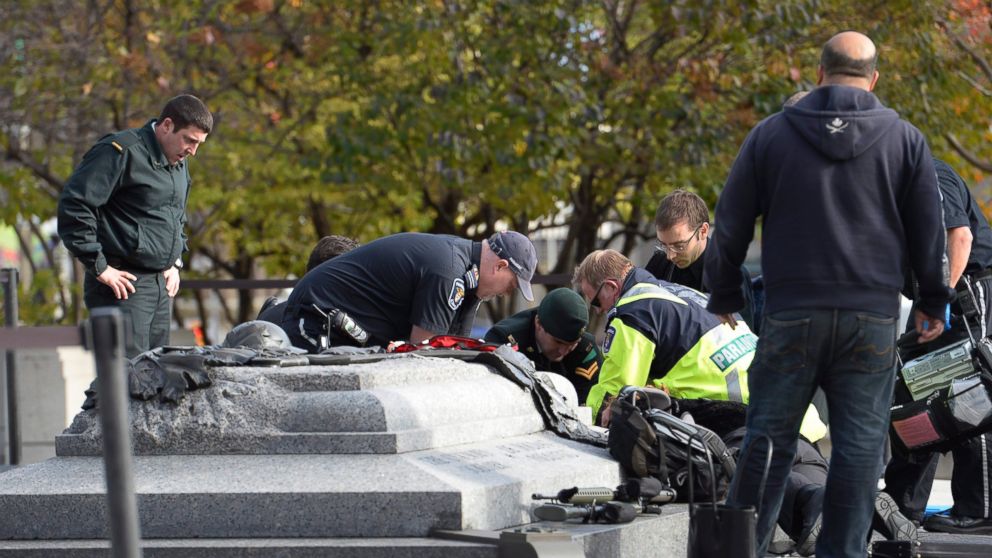
Authorities in Mosul have buried more than 1,000 bodies in a mass grave in a desert valley outside the city, most of them believed to be militants from the Islamic State group, also known as ISIS, according to a provincial official. More remains are being dug out of the rubble of the district where the fighters made their final stand last year.
Hundreds more bodies are still strewn across or buried in Maydan district nine months after it was flattened in the final battles to retake Mosul, creating one of the grimmest scenes from a brutal war that was compared to the worst urban combat of World War II.
Most of the bodies appeared to belong to ISIS fighters killed by airstrikes or shelling, their remains half-buried. But there were also women and children.
The scene is testimony to Iraqi authorities’ lack of resources and the overwhelming task they face in just digging out from the destruction wreaked across Mosul in the nine-month offensive by Iraqi forces backed by the U.S.-led coalition that finally defeated ISIS here. Multiple neighborhoods suffered heavy damage. Clearing of rubble is largely financed by the United Nations’ development agency, and repairs are proceeding slowly. In some areas, streets have been cleared but many buildings remain shattered.
Maydan is at a further disadvantage because Iraqi officials don’t appear to see removing bodies of ISIS fighters as a high priority. The provincial council’s office told the AP that clearing the area was the job of the civil defense; the civil defense said it was the job of the morgue; the head of the morgue declined to comment.
Faris Abdulrazzaq, mayor of Maydan, said the failure to clear the area – not just the bodies, but also the huge amount of unexploded ordnance – was preventing residents from returning to rebuild what they can, as others have in other districts.
“Even when you pass by a dead cat, you feel the smell and you try to get rid of it. How do you think hundreds of dead bodies smell?” he said. “I wonder why all these government officials are leaving this problem to fester all this time. This is the first thing they should take care of.”
He expressed fears over the health impact of the bodies. The World Health Organization has often noted that even large numbers of bodies left after a disaster do not pose a major health risk, since the victims die of trauma not epidemic and bacteria involved in decomposition are not dangerous.
But the stench of decay rising from the ruins is oppressive, and temperatures are only now starting to rise into the upper 80s.
Even by the awful standards of Mosul, the devastation is shocking in this part of the Old City stretching roughly a half-mile along the Tigris River. The piles of dirt, rubble, smashed concrete, metal and vehicle skeletons are so high it is barely possible in many places to tell where the street ended and the buildings once began.
Iraqi and U.S.-led coalition forces dropped vast amounts of explosives on this small area to break ISIS fighters’ resistance last July in the last weeks of the nine-month-long assault that freed Mosul from the militant group’s rule. The fighters held out the longest in Maydan, a neighborhood of tiny, winding alleyways and closely built homes.
Bashar al-Kiki, the head of the provincial council for Nineveh governorate, told the AP on Thursday that the municipal government had no resources to clean up the site. The bodies are collected by civilian volunteers, then taken by the municipality to the city morgue and finally to a mass burial site in a desert valley near Sahaji, a town west of Mosul, he said.
He estimated that 1,000 bodies had been buried at the site.













